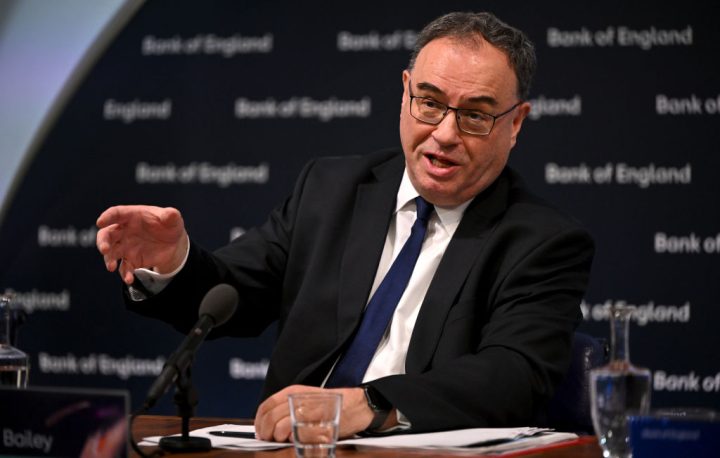The good news started with the revelation that last month had produced a surplus of £16.7 billion for the Treasury – double the surplus of the same month last year and a record-breaking amount (in nominal terms) since records began. This has boosted hopes that the Chancellor will be able to offer up more tax cuts in his Spring Budget (though admittedly his headroom to do so still seems to be notably less than the amount he had to play with last autumn to deliver the business tax cuts).
Now, as money comes off workers’ tax bills, their energy bills will fall too. This morning Ofgem announced changes to the energy price cap from April, which will fall by 12.3 per cent. The new cap for gas prices will be 6p per kWh, and 24p per kWh for electricity. This means the average household’s annual energy bill will total £1,690, a fall of £238 or roughly £20 a month.
The reduction in the price cap marks the lowest point for household energy costs in two years, though energy prices, on average, remain higher than they were pre-pandemic. Still, long gone are the days of the Energy Price Guarantee (which expires next month), which kicks in when average bills are expected to go over £2,500. The fall in wholesale energy prices is also further evidence that the trade disruption in the Red Sea – which put oil prices in flux – has not had the disastrous effect on inflation or supplies that some were predicting at the end of last year.
Ofgem’s update is roughly in line with what markets were expecting – and will be used to make inflation forecasts for spring. The substantial fall of 12 per cent should keep the UK on track for a meaningful slowdown to the inflation rate come April, when the Bank of England and independent forecasters are both expecting inflation to come close to returning to the Bank’s target of 2 per cent.
In theory, Ofgem’s announcement today should give the Monetary Policy Committee more confidence to look again at interest rates – which currently sit at 5.25 per cent – in next month’s meeting, knowing that the fall in energy costs the following month will slow inflation. But it’s likely that the Bank will continue to play a cautious game for a while longer, as inflation stuck at 4 per cent on the year to January and has failed to slow since November last year. With the Bank’s forecasts showing that inflation will pick up again towards the end of the year (albeit nothing like what we’ve previously experienced) it remains likely that the MPC will want to see more signs of long-term price stability before they start cutting rates.
But energy costs will remain an important factor in the Bank’s calculation, and today’s update has provided some good news – not least because falling energy prices were always going to be a necessary condition for the MPC to start voting for rate cuts.






Comments